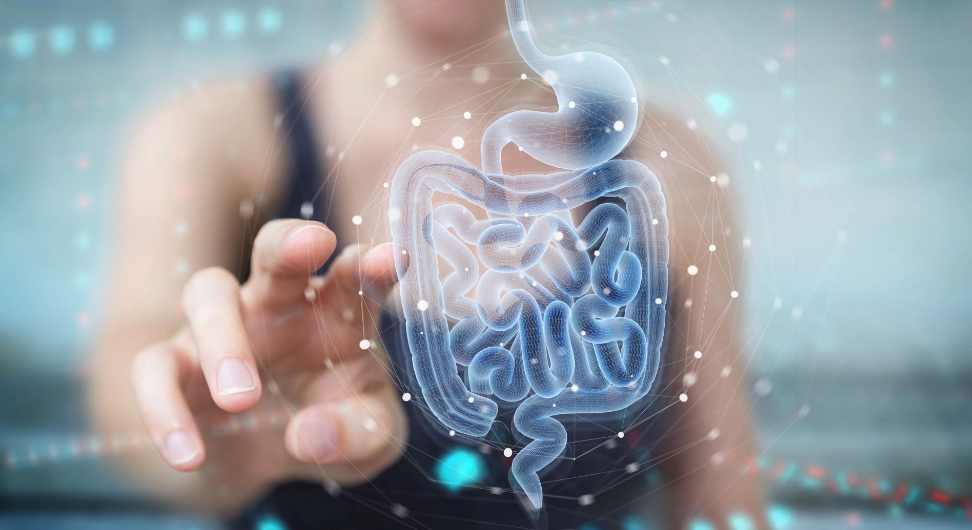Key Takeaways
1. Plant-derived extracellular vesicles (PDEVs) offer a promising, safe treatment for inflammatory bowel disease by reducing inflammation and repairing intestinal barriers.
2. PDEVs are extracted from plants like ginger and ginseng, and they may regulate gut microbiota by improving the delivery of IBD drugs.
3. There are challenges associated with extracting and storing PDEVs, and more research is needed to optimize their therapeutic application.







